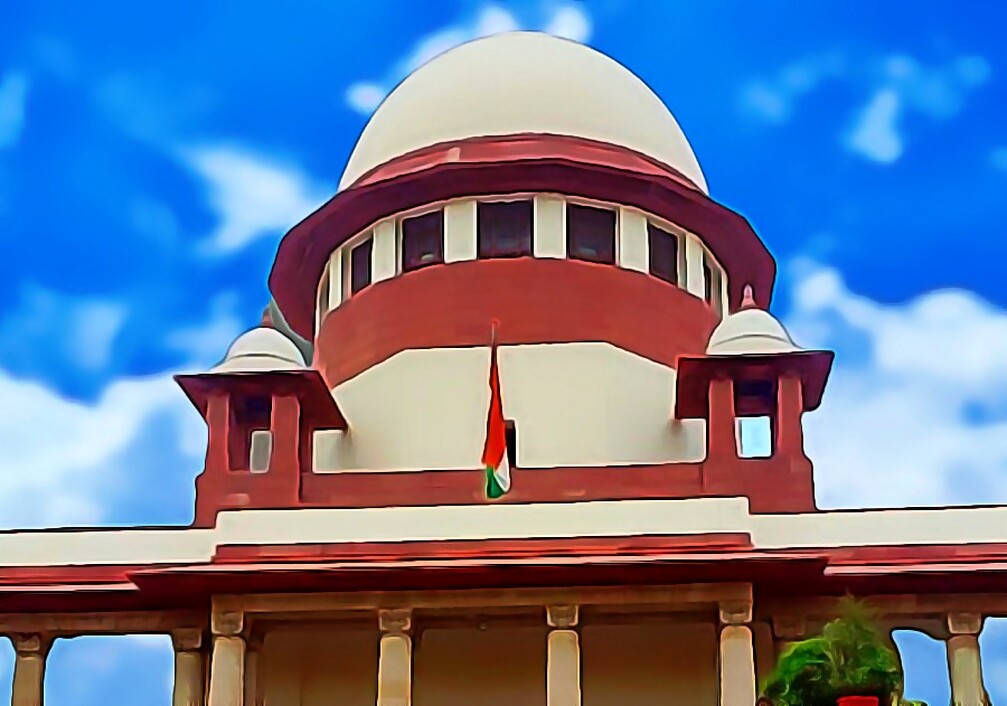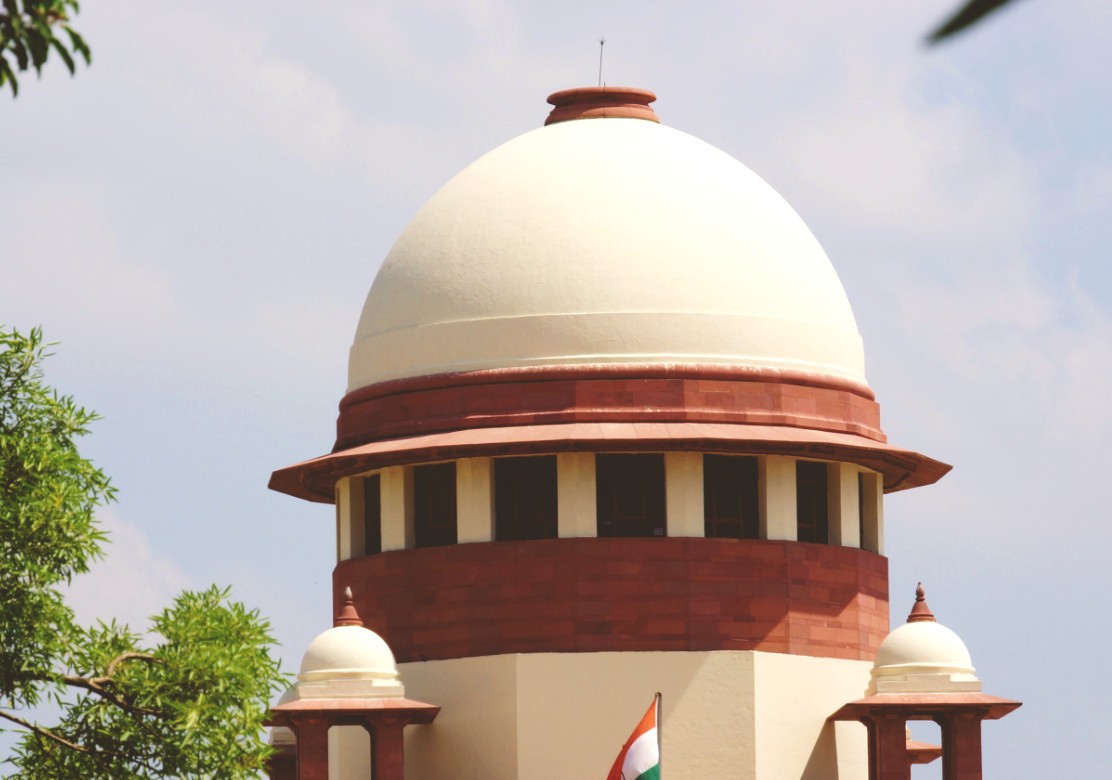Under Sec. 16 of A&C Act, Arbitral Tribunal has to rule on its own jurisdiction wherever plea is raised before it which is not later than submission of statement of defence: HC

Read Order- H.P.S.Sandhu v. Capital Small Finance Bank Ltd. & another
Tulip Kanth
Chandigarh, September 20, 2021: Referring to Section 16 of the Arbitration & Conciliation Act, 1996,the Punjab and Haryana High Court has observed that the Arbitral Tribunal has to rule on its own jurisdiction wherever the plea is raised before it which is not later than the submission of statement of defence. In such circumstances, once there is an alternative and efficacious remedy available to the petitioner, the extraordinary writ jurisdiction of this Court is not liable to be exercised.
Challenge in this writ petition, filed under Articles 226/227 of the Constitution of India, was to the arbitration proceedings before the sole Arbitrator(second respondent), appointed by the Financial Institution, first respondent.
The petitioner’s counsel stated that the claim petition filed by the Financial Institution was without jurisdiction and in contravention of the provisions of Recovery of Debts and Bankruptcy Act, 1993. It was vehemently submitted that the provisions of the Act provide that in case of any dispute regarding the recovery of debts due to banks and financial institutions, the jurisdiction would lie with the Tribunal set-up under the Act, while referring to Section 2, whereby the definition of ‘bank’ has been detailed.
It was submitted that under Section 18, the jurisdiction of the Courts or other authorities is barred, in relation to the matters specified under Section 17 of the Act. It was also contended that the Arbitrator had, without jurisdiction, entered into reference by issuing notice for answering the claim filed by the first respondent on the basis of a hypothecation agreement on account of filing a claim petition under Section 23 of the Arbitration & Conciliation Act.
While opining that the petitioner had an alternative and efficacious remedy available under Section 16 of the 1996 Act, the Bench of Justice G.S. Sandhawalia noted that the Arbitral Tribunal has to rule on its own jurisdiction wherever the plea is raised before it which is not later than the submission of statement of defence. In such circumstances, once there is an alternative and efficacious remedy available to the petitioner, the extraordinary writ jurisdiction of this Court is not liable to be exercised.
The Bench placed reliance upon the judgments of the Apex Court in United Bank of India Vs. Satyawati Tondon & others and Authorized Officer, State Bank of Travancore & another Vs. Mathew K.C.
With this situation at hand, the counsel did not press the present petition and submitted that the petitioner may be permitted to take up the said plea before the Arbitrator.
The Court ordered accordingly and clarified that if such a plea is raised before the Arbitrator, he is under a statutory obligation to decide the same.
Sign up for our weekly newsletter to stay up to date on our product, events featured blog, special offer and all of the exciting things that take place here at Legitquest.




Add a Comment